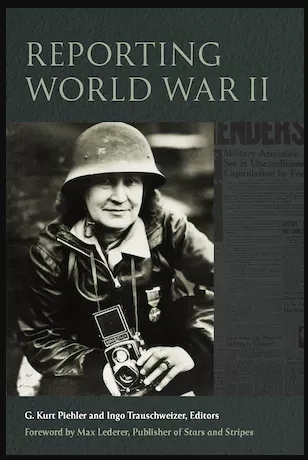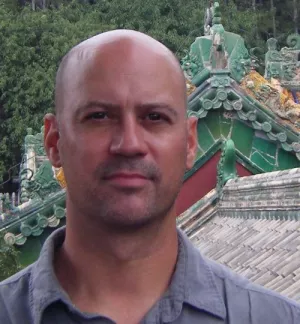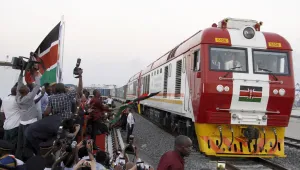Overview
The Nuremberg Tribunals, like the Tokyo Trials, were landmarks in implementing international justice because they documented genocide and countless atrocities that Axis forces committed against millions of humans worldwide. Reflecting on the importance of the Nuremberg Tribunals, it is also worthwhile to remember the challenges journalists encountered after World War II as they assessed changes to international law. Finding clear and succinct ways to present complex legal proceedings for readers across the globe was a formidable task. The tribunals were also historically momentous because of the evidence the tribunals revealed used to prosecute those responsible for perpetrating mass violence.

Nathaniel L. Moir's chapter describes the Nuremberg Tribunals' origins, the prosecution of war crimes, and legal arguments used against Nazi defendants. Although debates and reporting on the prosecution of war crimes in Tokyo overlapped with those prosecuted during the Nuremberg Tribunals, Moir's chapter focuses on the Nuremberg Tribunals and reporting conducted primarily by western journalists. In addition to assessing the day-to-day effort involved in reporting on the Nuremberg Tribunals, the chapter describes how reporters, translators, and members of the prosecution staff interacted and how reporters lived and worked while covering the proceedings.
In their introduction to the volume, editors G. Kurt Piehler and Ingo Trauschweizer explain that "Nathaniel Moir's examination of journalistic coverage of the Nuremberg War Crimes trials also suggests the limits of journalists in writing the first version of history. Initially, the Nuremberg trials garnered a huge bevy of American journalists, including such luminaries as Ernest Hemingway. However, as the cases dragged on, the ranks thinned out, with many reporters and their readers losing interest as the court considered the mountains of documentary evidence. In the end, crucial aspects of the trials were unreported, and many stories ended up in the back pages of most newspapers."
Read more about the parent publication, Reporting World War II, here.
Moir, Nathaniel L. “After the Shooting Stopped: Justice and Journalism at Nuremberg.” Fordham University Press, 2023




